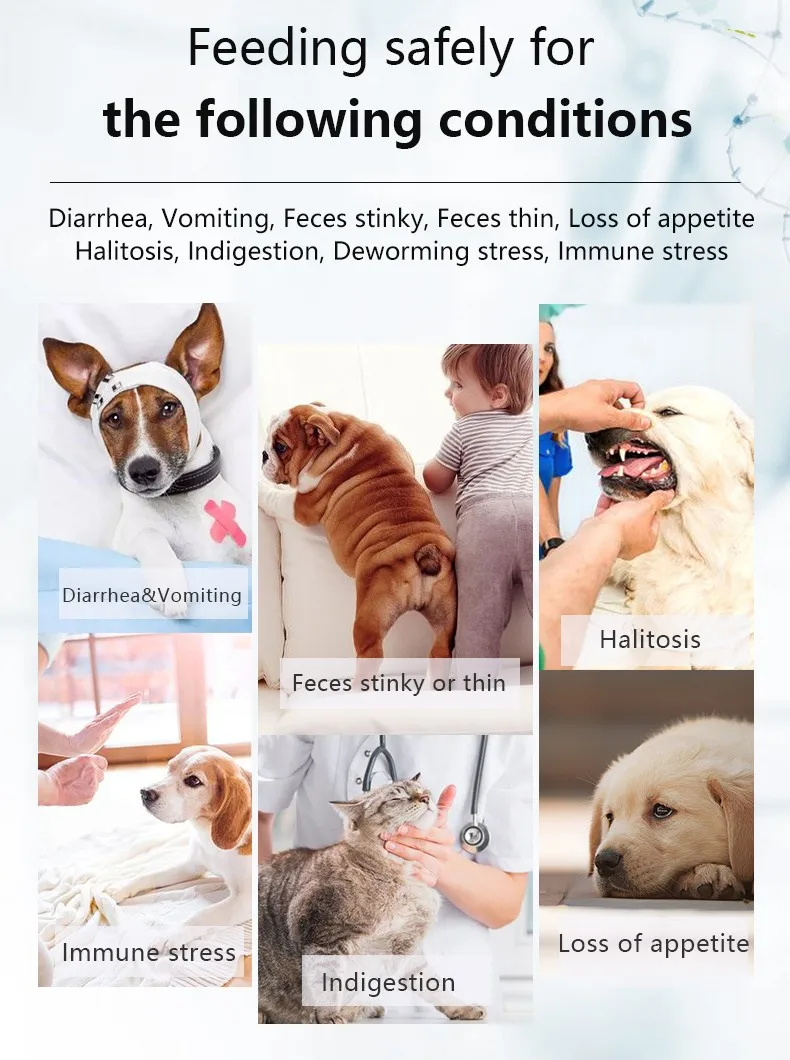Veterinaria Pet: The Ultimate Guide to Pet Care and Health
When it comes to ensuring the well-being of our beloved furry friends, understanding the role of a veterinaria pet is crucial. This comprehensive guide will……
When it comes to ensuring the well-being of our beloved furry friends, understanding the role of a veterinaria pet is crucial. This comprehensive guide will delve into the various aspects of pet care, including preventive measures, common health issues, and the importance of regular veterinary visits.
#### Understanding the Role of Veterinaria Pet
A veterinaria pet is not just a medical professional; they are a vital partner in your pet's life. Their expertise extends beyond treating illnesses; they play a fundamental role in educating pet owners about proper care, nutrition, and preventive health measures. Regular check-ups can help detect potential health problems before they become serious, ensuring your pet lives a long, healthy life.
#### Importance of Regular Veterinary Visits
One of the most critical aspects of pet ownership is scheduling regular visits to your veterinaria pet. These appointments allow for vaccinations, dental cleanings, and physical exams. Vaccinations are essential in protecting your pet from various diseases, while dental care can prevent painful conditions that may affect your pet's quality of life. During these visits, your veterinarian can also provide valuable advice on nutrition, exercise, and behavioral issues.
#### Common Health Issues in Pets

Understanding common health issues is vital for any pet owner. A veterinaria pet can help you identify signs of illness early on, which can be crucial for effective treatment. Some common health issues include:
- **Obesity**: This is a growing concern among pets, leading to various health problems such as diabetes and joint issues. Your veterinarian can help create a tailored diet and exercise plan.
- **Dental Disease**: Many pets suffer from dental issues that can lead to pain and infection. Regular dental check-ups are essential for maintaining oral health.
- **Parasites**: Fleas, ticks, and worms can cause significant discomfort and health problems. Your veterinaria pet can recommend preventive treatments to keep these pests at bay.
#### Nutrition and Diet

A balanced diet is crucial for your pet's health. Your veterinaria pet can guide you in choosing the right food based on your pet's age, breed, and health condition. They can also help you understand the importance of portion control and the risks associated with feeding pets human food, which can lead to obesity and other health issues.
#### Behavioral Concerns
Behavioral issues can significantly impact the bond between you and your pet. Whether it's anxiety, aggression, or destructive behavior, consulting with a veterinaria pet can provide insights and solutions. They may recommend training techniques, behavioral therapy, or even medication to help manage these issues.
#### Emergency Care
In cases of emergencies, knowing when to consult your veterinaria pet can make all the difference. Signs of distress, such as difficulty breathing, severe vomiting, or unresponsiveness, require immediate attention. Familiarizing yourself with your veterinarian's emergency protocols can ensure your pet receives timely care.

#### Conclusion
In conclusion, the role of a veterinaria pet is indispensable in maintaining the health and happiness of your pet. By prioritizing regular veterinary visits, understanding common health issues, focusing on nutrition, and addressing behavioral concerns, you can ensure a fulfilling life for your furry companion. Remember, your veterinarian is not just a healthcare provider; they are your partner in pet care. Embrace the journey of pet ownership with the support of your veterinaria pet, and watch your pet thrive!